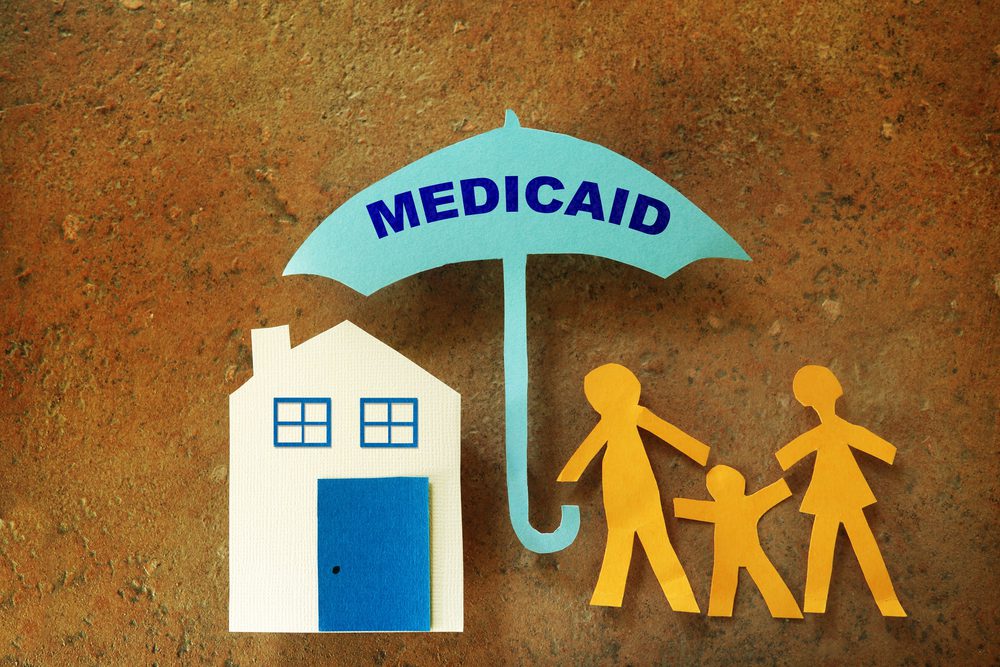CCLP's Emeritus Advisor, Chaer Robert, provided written testimony in support of the CDHS rule on the COLA increase for TANF recipients. If the rule is adopted, the cost of living increase would go into effect on July 1, 2024.
Recent articles
CCLP testifies in support of updating protections for mobile home park residents
Charles Brennan provided testimony in support of House Bill 24-1294, Mobile Homes in Mobile Home Parks. CCLP is in support of HB24-1294.
CCLP’s legislative watch for April 5, 2024
For the 2024 legislative session, CCLP is keeping its eye on bills focused on expanding access to justice, removing administrative burden, preserving affordable communities, advocating for progressive tax and wage policies, and reducing health care costs.
CCLP testifies in support of Child Care Tax Credit changes
Chaer Robert provided testimony in support of House Bill 24-1134, Adjustments to Tax Expenditures to Reduce Burden. CCLP is in support of HB24-1134.
Why Medicaid Works

Congressional opponents of the Affordable Care Act appear to be increasingly uneasy about repealing the law’s major provisions without a replacement plan that preserves health coverage for millions of Americans.
As the health care debate shifts, it is important for lawmakers to understand that while the ACA and our health system as a whole can certainly be improved, the Medicaid program works.
In light of Congressional proposals to cap federal funding for Medicaid, Colorado Center on Law and Policy has compiled Medicaid Works, a series of fact sheets that demonstrate why cuts to federal Medicaid funding would be bad for Colorado.
The fact sheets cover the importance of Medicaid to: children’s health, women’s health, older Coloradans, Coloradan’s with disabilities and Coloradans struggling with substance-use disorders. Other sheets examine the systemic benefits of Medicaid, including the benefits to Colorado’s economy, Colorado’s health system and Colorado’s rural communities.
Nationally, Medicaid provides health coverage to 65 million low-income and disabled Americans. Medicaid covers populations with higher health needs on average, yet the program pays less money for more services than private insurers.Medicaid’s administrative costs are less than half the administrative costs of private insurance plans. Per-enrollee growth in Medicaid spending has been slower than in the private insurance market. Medicaid services support the health and financial security of low-wage workers, promote the healthy development of children living in low-income households and allow disabled Americans to access the services and supports they need to attend school, work and live in their communities.
Health First Colorado, Colorado’s Medicaid program, serves low-income Coloradans and Coloradans living with disabilities. In addition, federal funding for Health First Colorado boosts the state economy, contributes millions of dollars to the state’s health care budget and stabilizes Colorado’s health system while allowing the state to invest in innovative health reform efforts that increase the value of health care.
The existing formula for federal Medicaid funding is critical to Health First Colorado’s sustainability. Currently, federal law requires the government to cover at least half of the cost of providing services for those enrolled in Health First Colorado. For those who receive coverage as a result of the ACA’s Medicaid expansion, over 90 percent of the program’s costs are paid by the federal government. Capping federal funding for Health First Colorado by converting the funding into a block grant or a per-capita cap would eliminate those guarantees and prohibit federal Medicaid funding from growing in a matter that adequately tracks growth in costs or unusual health events.
Current proposals to cap Medicaid funding aim to shrink the program by 25 to 30 percent nationally, reducing the federal government’s contribution to state Medicaid programs by $1 trillion dollars over the next 10 years. Drastic cuts in that funding will shift the cost of providing care to Colorado and require substantial increases in the state’s General Fund spending on Health First Colorado or trigger substantial cuts to eligibility, services, provider reimbursement rates, or a combination of the three.
Though the threat to Medicaid is real, there’s still time to persuade members of Colorado’s Congressional delegation to consider the value and importance of the program for Coloradans and the state’s health and well-being.
Contact your representatives and ask them to protect Health First Colorado.
–Allison Neswood





